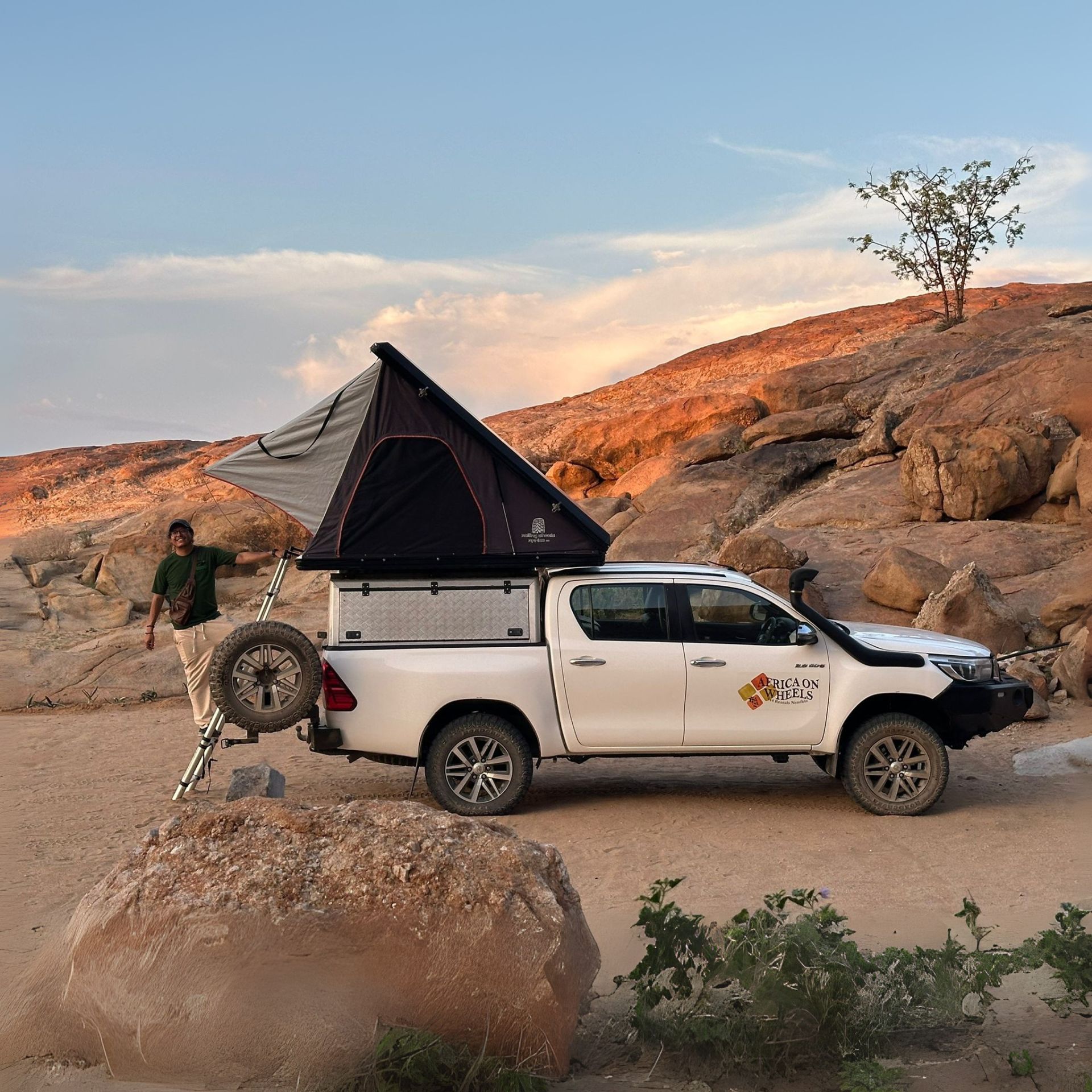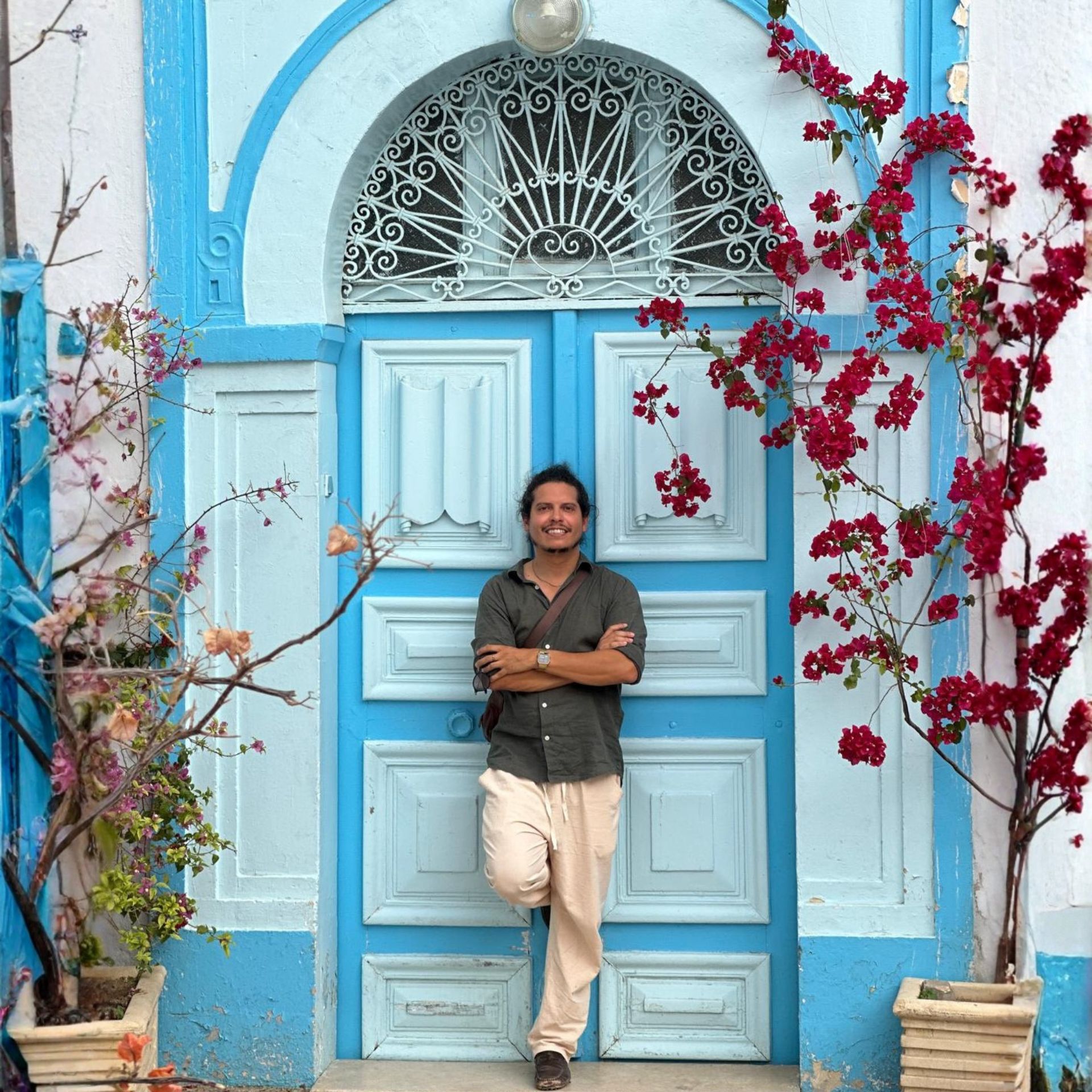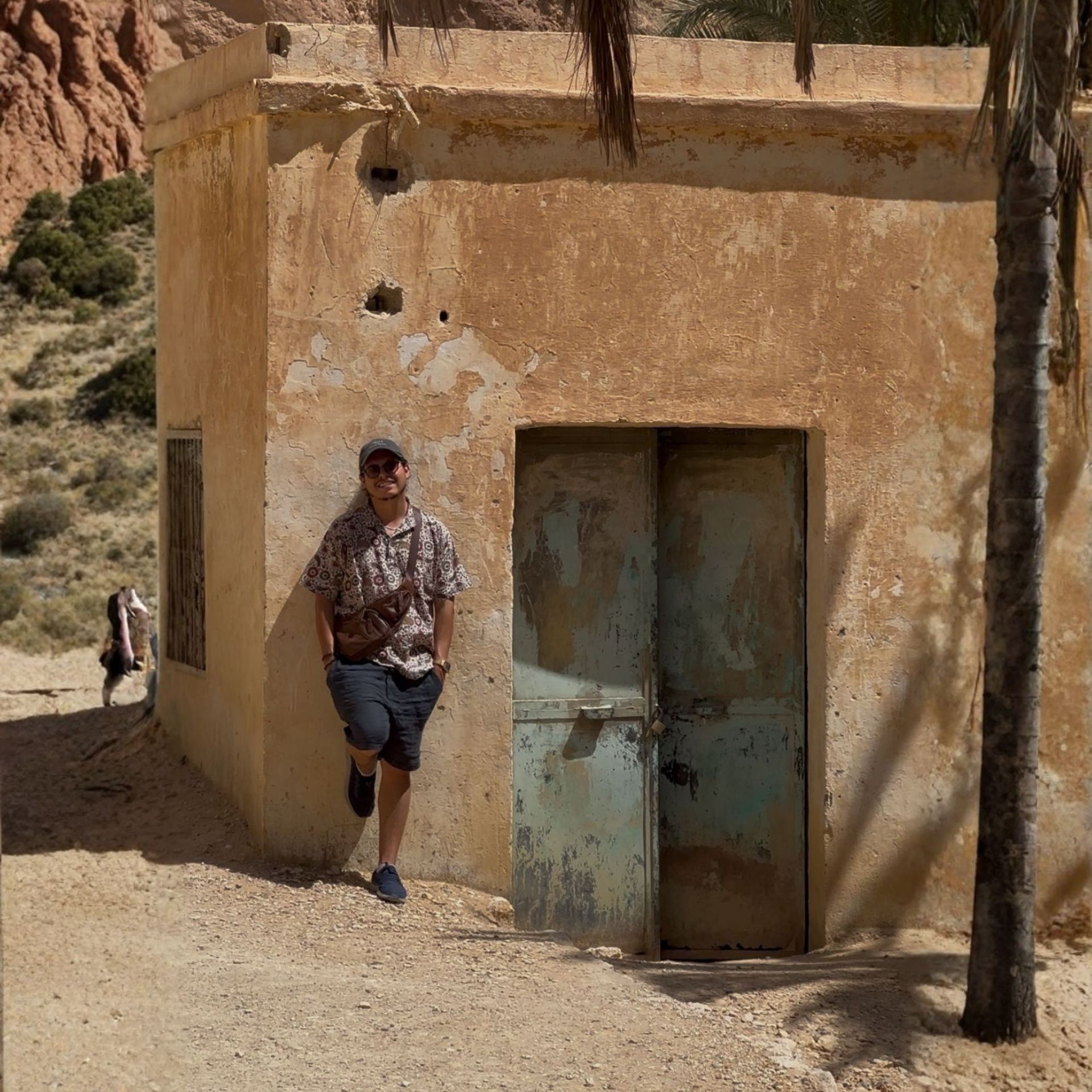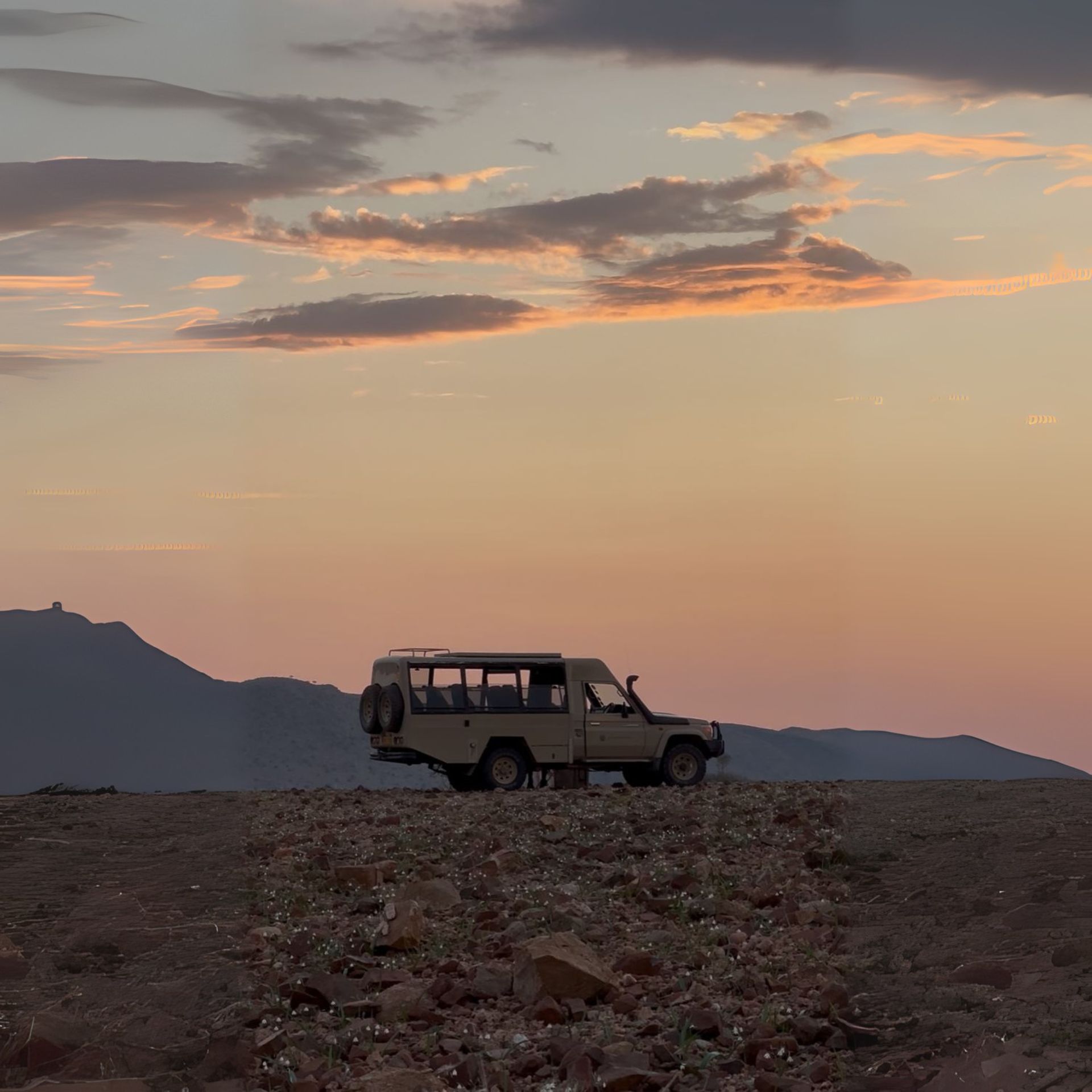Known as “the children of the jungle,” the Pygmy tribes in DR Congo are now trying to escape extinction.
After arranging a meeting with one of the largest Pygmy families at the village of Kavumu in East DR Congo, I was surprised to hear we needed two soldiers on our sides during the visit. However, once I got there, I could understand why.
Most members of this 100 people family were utterly drunk and became quite aggressive after we declined to donate less than 100 USD for a 30-minute visit. A supposedly fun experience meeting one of Africa’s most ancient tribes turned into a lot of tension. Some family members were insulting me from the moment I arrived in their community, and the living conditions of some were worst than anything I’d seen before.
Anyone could see they had been struggling to get the minimum means of survival, and I couldn’t understand their reactions with someone just curious to learn more about them. My experience with the Pygmies ended with a bittersweet taste. I was happy to finally glimpse these communities in DR Congo, but without the two soldiers escorting us, I’m sure the situation could have escalated without any reason.
It was until some weeks later that I finally understood their reactions. The Pygmies had faced abuse since the first day they saw a white person. Unfortunately, after colonization, things didn’t improve. They lost access to their lands, got discrimination by other Congolese, and they find themselves at the edge of extinction.
Read more: How to prepare yourself for traveling to a dangerous country

Africa’s disappearing hunter-gatherers
The living conditions of the Pygmy tribes have not been the best for the past two centuries. Even their name, “Pygmy,” was created by the first Belgian and French colonialists to describe short people insultingly. It was always considered a pejorative, and today, no single term can replace it. Although “Pygmy” is an official term by the United Nations, most families feel insulted by being called like that and prefer to be identified by their ethnic background.
There is no exact number of how many Pygmies still live in Africa, and experts estimate anything between 250,000 and 900,000. However, numbers are challenging to control since many Pygmy families live deep in the forest and avoid all contact for fear of being expelled.
Without data, it is also too complicated to know if the population is declining. Some say that children live longer and conditions are safer than in the forest, so the population is increasing. Others say that migration can give them a longer life expectancy, but traditional Pygmies live completely marginalized, while those who make it to cities and towns lose all their cultural traditions to adapt.
One thing is for sure, the hunter-gathering traditions pygmies were known for will be soon over.
Read more: Bizarre Traditions – This is a Chewa Funeral Ceremony in Malawi

Read more: Meeting the Bushmen of Botswana
Violence against Pygmies
At the village of Kavumu, the family chief told me all the issues they had to face. His family got expelled from the Kahuzi-Biéga National Park at the end of the 60s. The government relocated them to a small parcel on the outskirts of the park without access to any basic needs. Today, they can only grow a few herbs for themselves.

He told me his father and grandfather used to live in harmony with the forest and gorillas, but the government entities can’t understand this. “The gorilla and we are too close to harm each other. We both belong to the forest”, said one of the family members who spoke a bit of English. “Outside the forest, there is nothing for us,” he concluded.
Read more: Meeting the Mundari Tribe in South Sudan
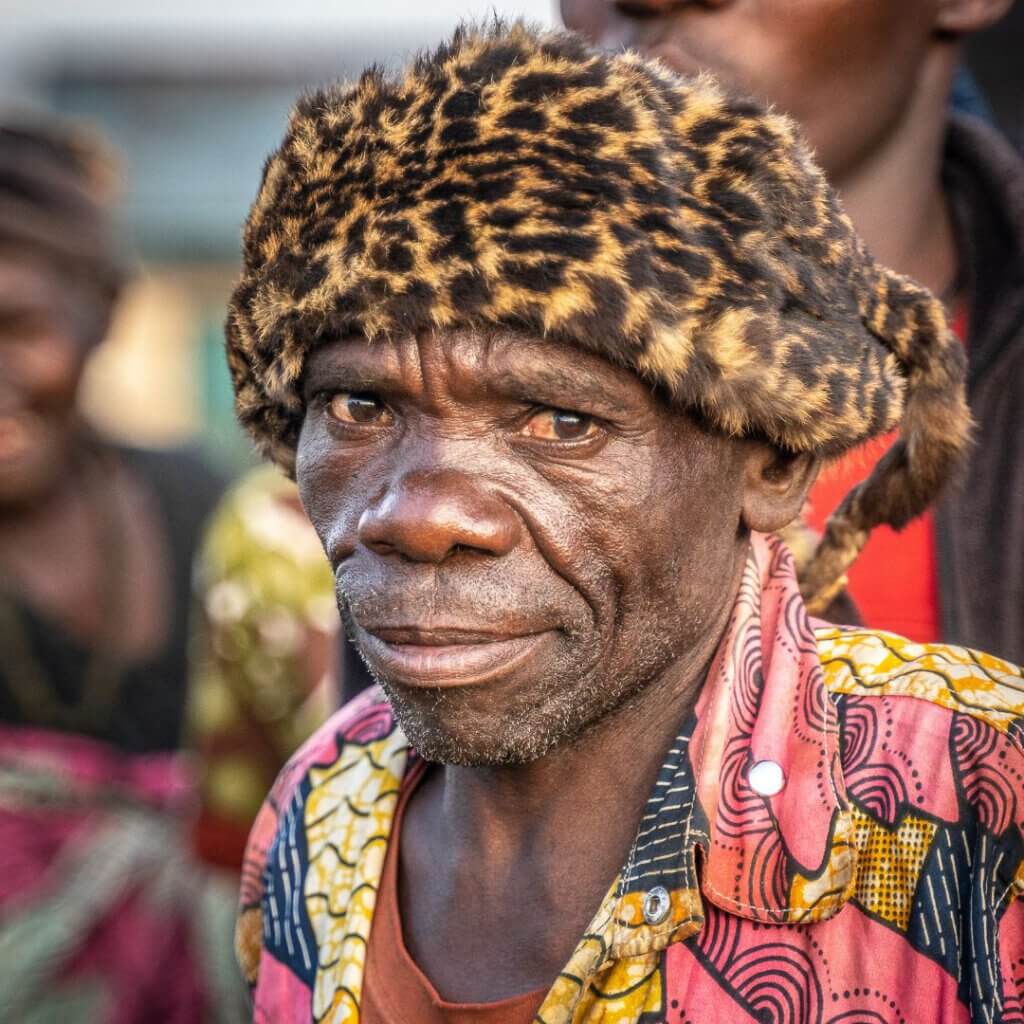
Besides growing weed to sell in Bukavu and doing manual labor for neighboring parcels, there is not much work outside their little community. Bantu people, DR Congo largest ethnic community, see the Pygmies as inferior people and still, today, enslave them. Reportedly, many Bantu all across Central Africa use pygmies for hard labor. However, they get paid in cigarettes, used clothes, or simply do not get paid.
Read more: Meeting the San Bushmen of Botswana
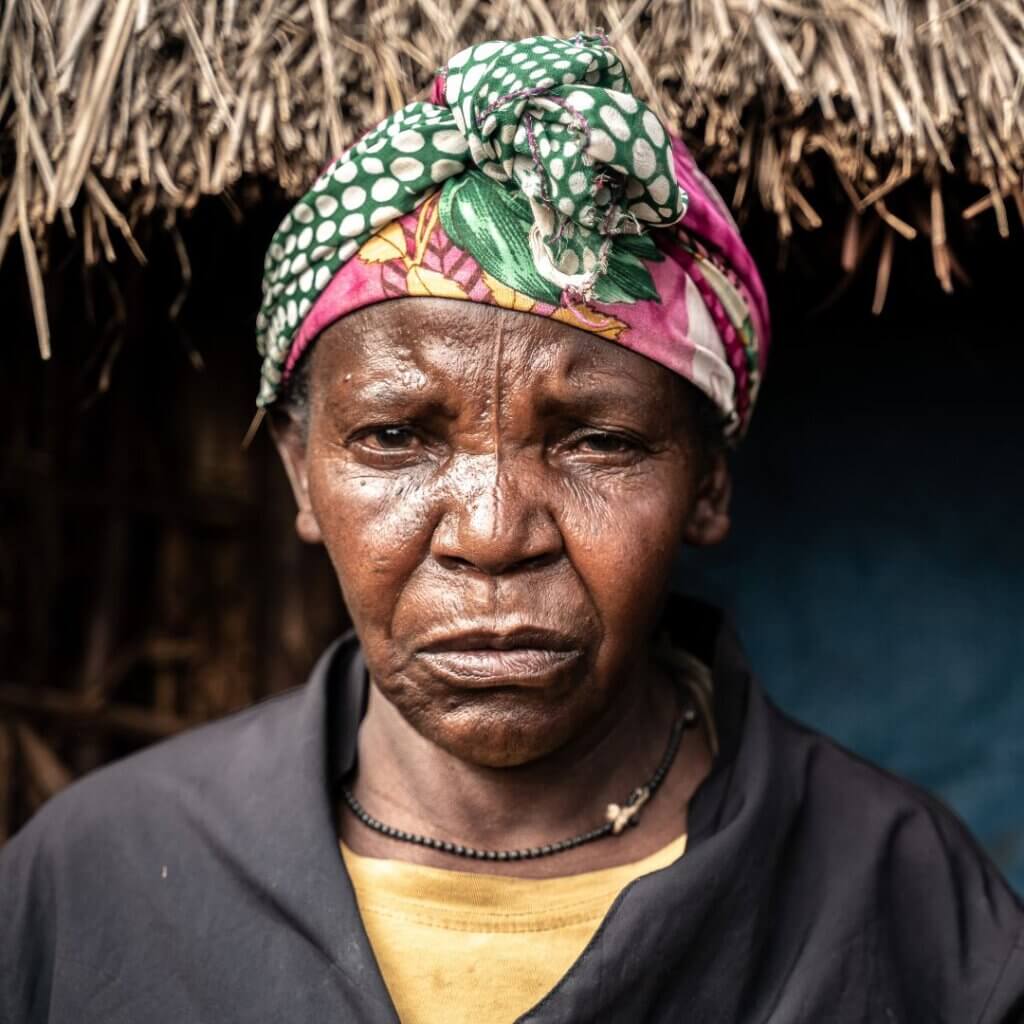
Human rights organizations have been trying to help the communities in some way, but there is no will for the government to pass laws that fully protect this ethnic group in decline. According to BBC, in 2017, in the Republic of Congo, a festival of pan-African music was held in Brazzaville. All participants were put up in the city’s hotels across the city, but the 22 Pygmy performers were hosted in tents at the local zoo.
Read more: Which are the most interesting tribes to see in Namibia

A sign of hope in the future
Fortunately, not all are terrible news for the community. Even though Pygmies are no longer allowed to live inside national parks, the authorities at these places understand the close relationship with nature Pygmies have.
Programs to teach Pygmies to become forest rangers are now taking place in the region of South Kivu in DR Congo. Additionally, most rangers protecting the precious gorillas day and night are members of Pygmy families.
Read more: These are the best natural places to travel in Burundi

Education programs teaching pygmies in South Kivu the importance of tourism are being discussed right now, and there is a hope that some of the pygmies can legally return to the forest.
Still, there is a long path to go, and until significant changes happen, the Pygmies in DR Congo will still distrust anyone who arrives on their premises and will live on this thin line of adapting or disappearing.
Read more: Meet the Batwa – Uganda’s forest protectors


